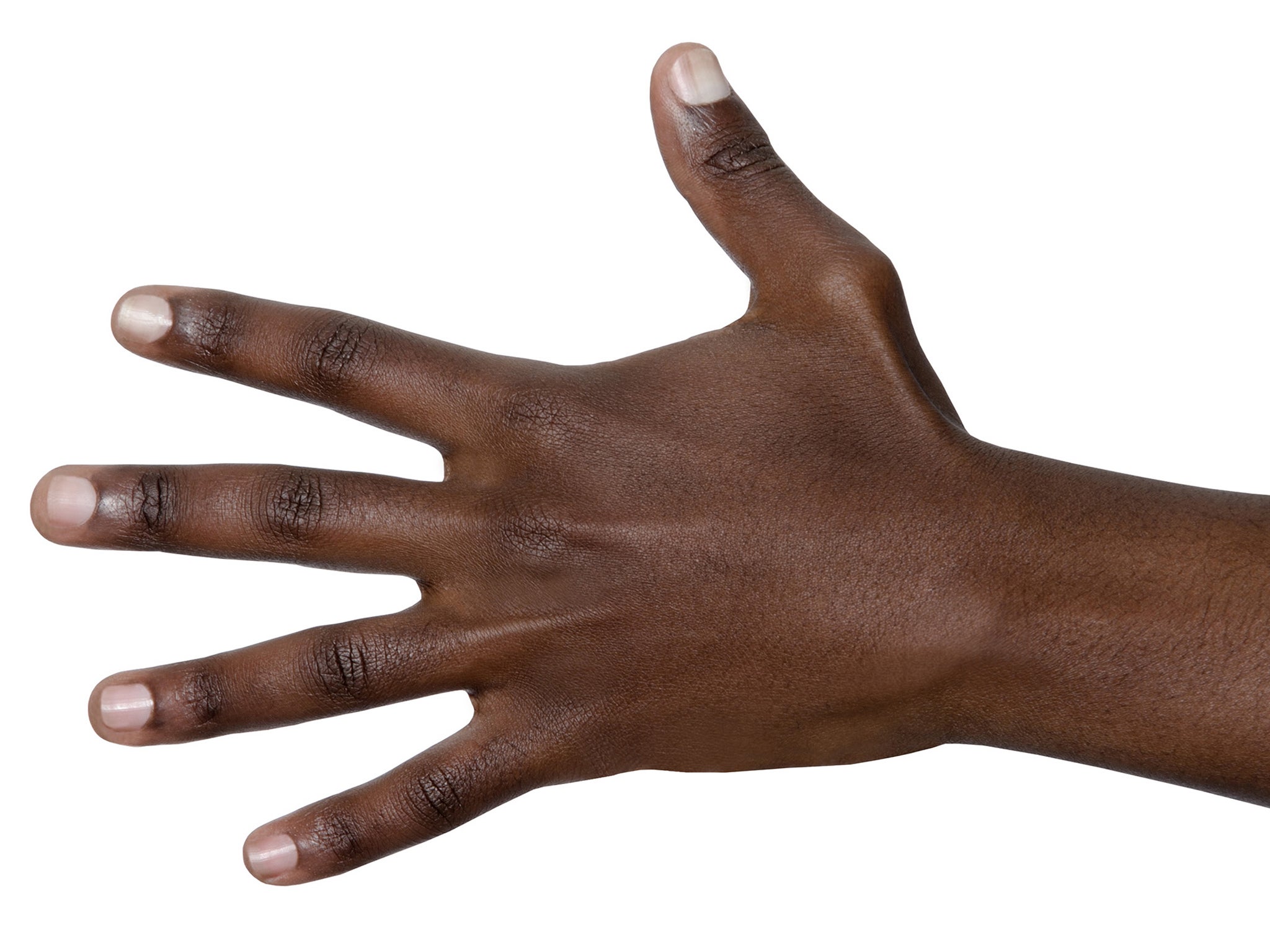Google Images campaign wants search engine to stop seeing white skin as 'default'
Searching for any generic image, like ‘man’ or ‘hand’, shows results that are almost entirely of Caucasian people

Your support helps us to tell the story
From reproductive rights to climate change to Big Tech, The Independent is on the ground when the story is developing. Whether it's investigating the financials of Elon Musk's pro-Trump PAC or producing our latest documentary, 'The A Word', which shines a light on the American women fighting for reproductive rights, we know how important it is to parse out the facts from the messaging.
At such a critical moment in US history, we need reporters on the ground. Your donation allows us to keep sending journalists to speak to both sides of the story.
The Independent is trusted by Americans across the entire political spectrum. And unlike many other quality news outlets, we choose not to lock Americans out of our reporting and analysis with paywalls. We believe quality journalism should be available to everyone, paid for by those who can afford it.
Your support makes all the difference.A campaigner and artist has launched a new site that hopes to make Google’s image search results more diverse.
At the moment, a search for most generic body parts — like “cute baby” or “arm” — shows people and bodies that are almost entirely white. But as part of a project named World White Web, Johanna Burai hopes to change that.
The almost entirely white results are part of the way that the internet and culture think of whiteness as neutral or the norm, Burai told the Fader.
“This is a crystal clear example of how the norm of whiteness manifests itself—the white body is neutral,” she said. “The search result is just one example of how being white is a norm in society. A lot of people choose to turn a blind eye to the privileges you get simply by being white, as well as to the systematic racism experienced by people of color in their everyday lives.”
To try and change the results, Burai has created a special website called World White Web, which includes six different pictures of non-white hands. By encouraging people to link to and share those images, Burai hopes that they can be pushed up Google’s search rankings, helping increase the racial diversity of those search results.
Users can help by heading to the site and using the built-in buttons to share the pictures on Twitter, Pinterest, Facebook or Google Plus.
“Sharing on websites like Facebook, Pinterest and Twitter can boost the ranking on Google,” Burai writes on the site. “Make sure that you make your posts ‘public’ so that others may share them.”
Burai also says that people who write for a newspaper, blog “or if you reach many online readers through other means, be sure to upload these images and to link to worldwhiteweb.net on your site”.

The practise is similar to "Google bombing", where users intentionally link to and share information so that the search engine's algorithms will see them as relevant. That has been used to generate offensive and racist results, as well as the more diverse ones that Burai hopes to encourage.
The campaign is part of Burai’s final project at the Stockholm-based Beckmans College of Design, which she has called World White Web.
Join our commenting forum
Join thought-provoking conversations, follow other Independent readers and see their replies
Comments